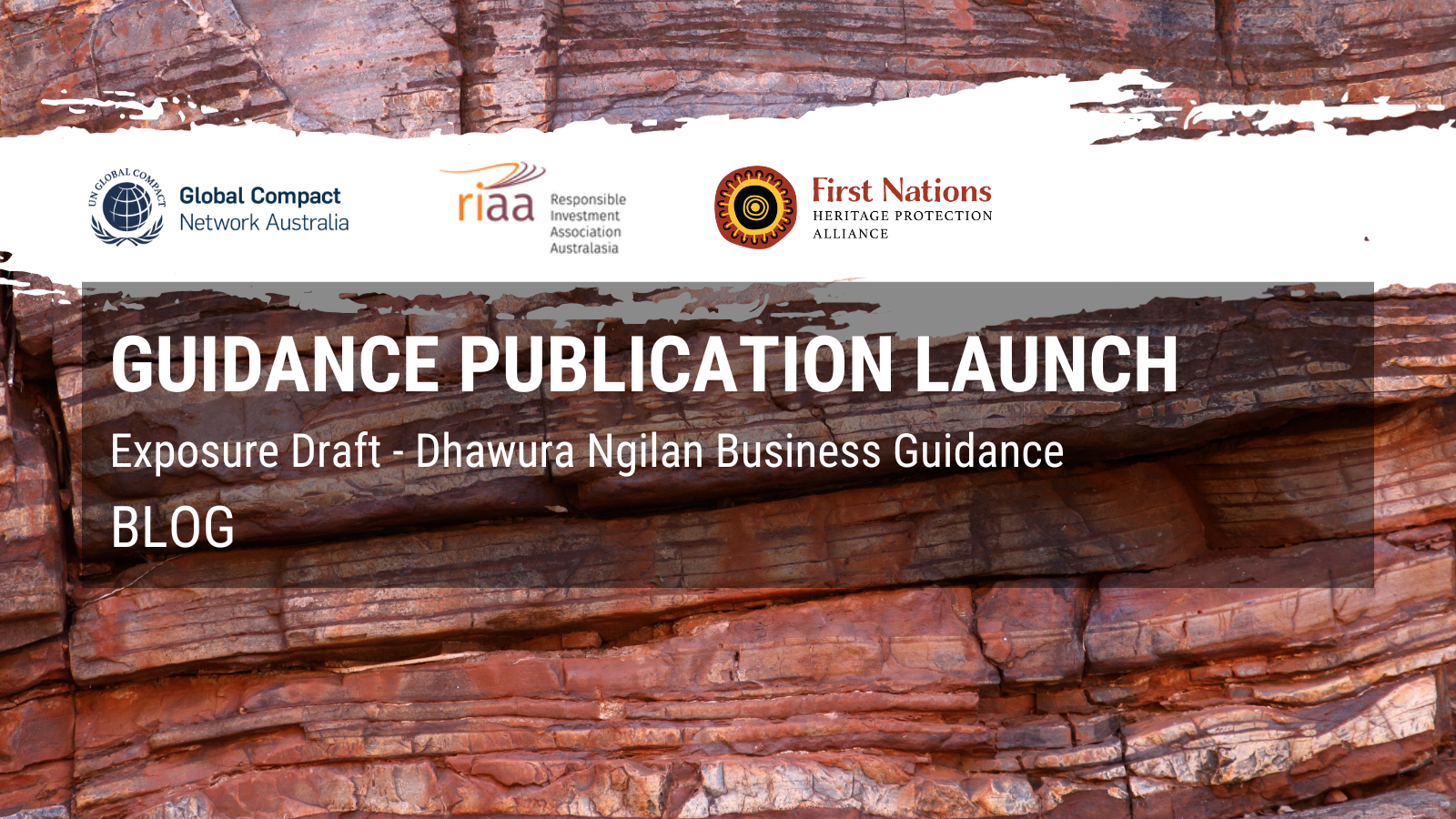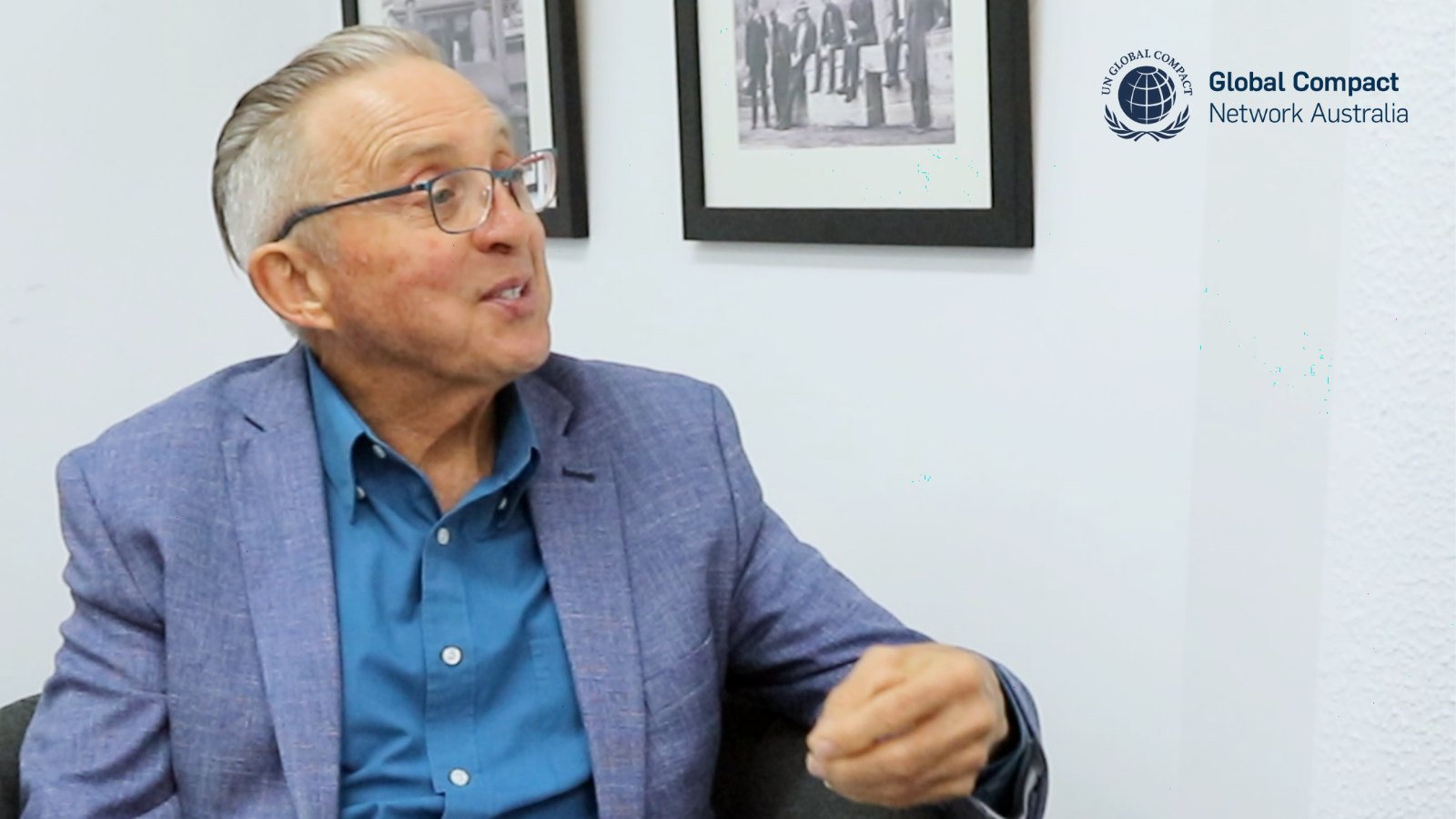
Business & Human Rights, Events, News, Resources
Humanitarian Action and Emergency Response: What can business do?
UN Global Compact Network Australia | April 13, 2016
Watch the webinar
The world is facing humanitarian needs on a massive scale and is witnessing what the UN is describing as the highest level of human suffering since World War II.
Nearly 60 million people, half of them children, have been forced from their homes due to conflict and violence. We are also seeing the human and economic costs of disasters caused by natural hazards escalating. In the last twenty years, 218 million people were affected by disaster each year, at an annual cost to the global economy that now exceeds US$300 billion.
Alongside this, greater demands are being placed on the UN system and governments in terms of response. However, we are also seeing an increasing willingness from other actors – including the private sector – to contribute.
Certainly crises, conflicts and natural disasters have impacts on business, whether on direct operations or through businesses’ supply chains. So there is a strong business case for private sector engagement in the issues from the perspective of community and business resilience, business continuity and risk management, and recovery after a disaster.
There are many ways business can contribute – both on their own, and in collaboration and partnership with others, including NGOs and governments. Some of the ways we are seeing the private sector contribute include financial contributions, in kind contributions, sharing capacity, knowledge and networks and through supporting impacted staff and business partners.
In May, the UN will bring government, business and civil society representatives together for the first World Humanitarian Summit.
In the lead up to the Summit, Australia’s Department of Foreign Affairs and Trade (DFAT) is exploring opportunities for more coordinated engagement with business, including a potential ‘regional compact’, to identify where businesses might be able to assist, in advance of disaster or crisis striking. If you are interested in engaging with DFAT around humanitarian action or emergency response, please contact resilience@dfat.gov.au.
For more information, you can watch our webinar, available below. The webinar heard from DFAT on private sector engagement in humanitarian action and emergency response.
Webinar Recording: Private Sector Engagement in Humanitarian Action and Emergency Response
If you experience trouble viewing this recording, please use the direct link, available here.


